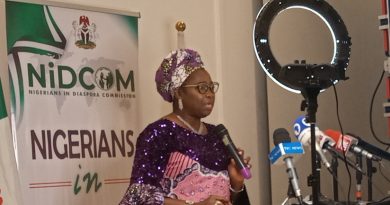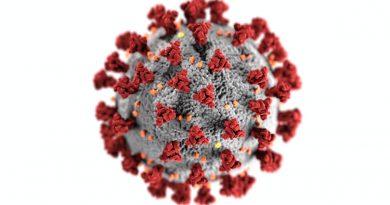PARODY WITH DR. IYKE EZEUGO: “Tinubu’s Corn-undrum: GMOs, Governance, and the Neglected Path of Local Agriculture”
By Iyke Ezeugo
Poverty is not merely a mental state but a harsh reality, especially when compounded by food shortages and hunger. The weaponization of poverty and hunger has long been a principle applied by the crude elite either purposefully or stumbled upon serendipitously. When poverty is intertwined with food shortages and hunger, the stark reality becomes even more impactful; reason and contemplation take a backseat as people are consumed by immediate survival instincts. This grim scenario mirrors the plight of the majority of Nigerian masses today.
Fortunately, the government is quick to propose solutions, whether comprehensive, safe, or not. President Bola Tinubu’s recent decision to suspend taxes on maize, wheat, and brown rice imports is his latest response to Nigeria’s economic hardships, food shortages, and hunger. While it has brought hope to empty stomachs on the brink of despair, it has also stirred apprehension among the more reasoned public. They are concerned about the potential health risks of GMOs, which this policy shift might inadvertently promote in the absence of stringent import and consumption regulations.
Supporters of the policy applaud its immediate relief for millions facing food shortages, arguing it’s a pragmatic response to an urgent crisis. However, critics argue that it’s a Trojan horse for GMOs and question why Nigeria, with its vast fertile lands and favorable weather conditions, is not investing more in local agriculture to achieve self-sufficiency.
The debate raises crucial questions:
1. Sustainability: How long will this food import policy be sustained?
2. Long-term Impact: What will be the policy’s impact on the nation’s economy and health?
3. Local Agriculture: Why not invest more in bolstering local agriculture?
4. Resource Availability: Does Nigeria truly lack the resources to grow its own food?
5. Self-sufficiency: Shouldn’t Nigeria pursue a shift towards self-sufficiency instead of relying on imports?
Revitalizing local agriculture could provide a sustainable solution to the nation’s food security challenges, offering economic empowerment and revitalizing rural communities. However, as imported grains flood in, Nigeria risks missing opportunities to harness its agricultural potential. This choice between short-term expediency and long-term sustainability is pivotal, especially in a country where politics and sustenance intersect.
In Tinubu’s Corn-undrum, we must delve deep into these complexities, examining the decision-making processes that shape national policies and the potential consequences of neglecting Nigeria’s agricultural potential. As the nation faces this critical juncture, the question remains: will we opt for imported solutions or cultivate our own path to prosperity?
For further discussion on this parody, contact Dr. Iyke Ezeugo at iykye@yahoo.com.*




